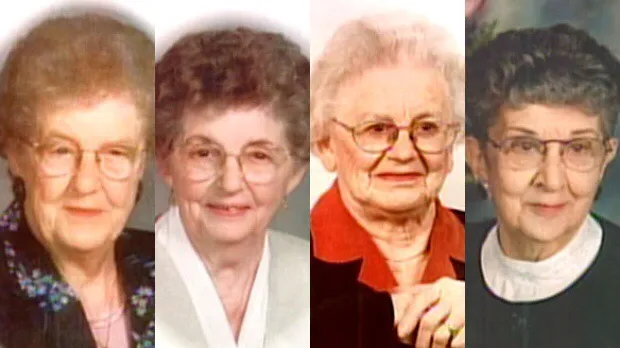
Impaired Crash Still Stings
Back in 2007, four ladies were killed on their way home from a church roast beef supper.
Wladyslaw Bilski’s minivan crossed the centre of the road and slammed into the Ford Focus carrying Marion Dawson, Bernice Phillips, Verna Neaves and Jean Ripley, otherwise affectionately known in the community of Holy Trinity Anglican Church in Chatham, as the “pie ladies.”
Jean Ripley was my mom.
Bilski had more than three times the legal alcohol limit in his blood at the time. In 2009, he was convicted of impaired driving, sentenced to four years in prison and banned from driving for 10 years. He received statutory parole on May 1, 2012 having served the mandatory two thirds of his sentence.
The National Parole Board cited special conditions for Bilski’s release. The board ordered Bilski to have no direct or indirect contact with the victims’ families; reside at a specific place approved by the Correctional Service of Canada; get written consent of his supervisor before accepting any form of employment; avoid drinking establishments; not to consume, purchase or possess alcohol; follow a treatment plan arranged by his parole supervisor, including psychological counselling to address anger management and personal or emotional issues.
The order stated that Bilski must get prior written consent before accepting employment, as there was a “serious concern” he may drink on job sites.
Bilski was also ordered not to have care and control of any motor vehicle for 10 years to reinforce the same prohibition ordered by the court during his sentencing.
After the trial, some family members of the other ladies felt that the sentence was too lenient. In their grief and anguish at losing a loved one, they felt that a tougher sentence was in order.
I said then what I say now, that what was most important was that Mr. Bilski be found guilty and face incarceration to consider the gravity of his gross error in judgement and that in due course, he get the help he needed to eventually reintegrate into the community.
I also hoped that the sentence would reemphasize to all of us that impaired driving is deadly.
I do not know if Mr. Bilski has learned his lesson or that society has learned either. I have my doubts about the latter. Impaired and distracted driving continue unabated.
Many victims of impaired driving, those who survived and the survivors of those who did not, raise their voices in the hope that someone will think twice before getting behind the wheel after a few too many or grabbing that phone for one little text message.
As their number grows, so may their voices.
After all these years.
Post a comment